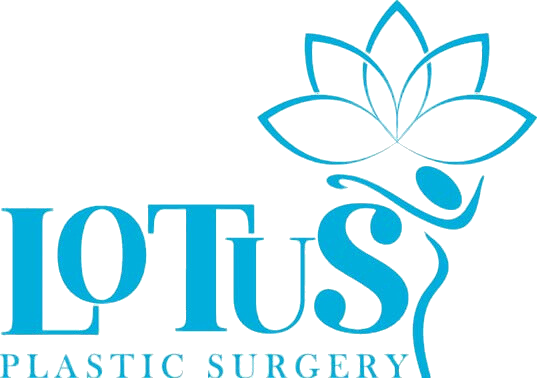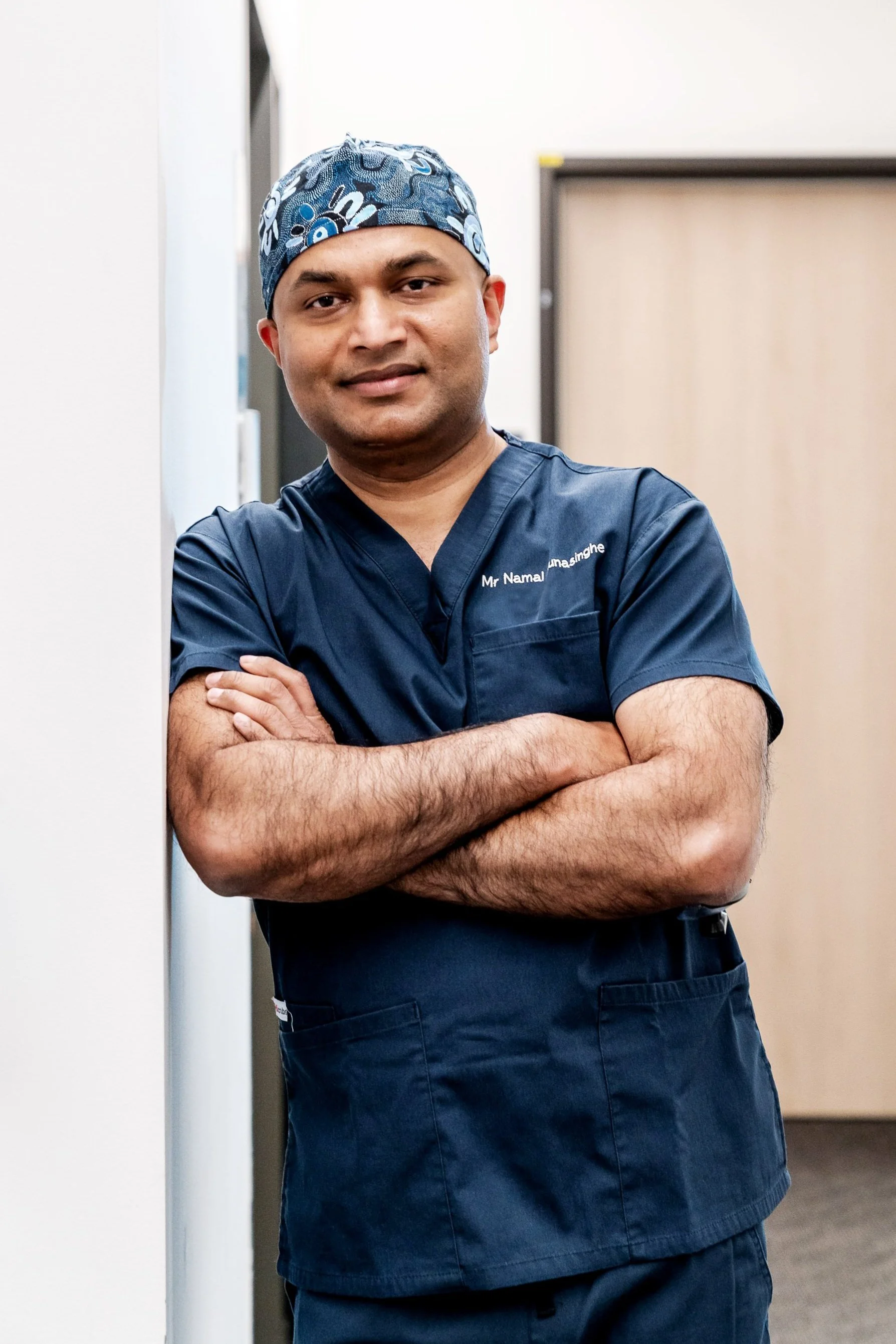How to prepare for plastic surgery and what to expect during surgery
Plastic surgery is a life-changing decision that should not be taken lightly. It is important to thoroughly prepare for the procedure and understand what to expect during the surgery. Here are some tips on how to prepare for plastic surgery and what to expect during the procedure.
Preparing for Plastic Surgery
1. Research Your Surgeon - The most important decision you will make is choosing the right surgeon. Research your surgeon's credentials and experience. Make sure that they are board-certified and has experience in the type of surgery you are interested in.
2. Understand the Procedure - Before scheduling your surgery, make sure you fully understand the procedure and the potential risks and complications. Your surgeon should explain the procedure to you in detail and answer any questions you may have.
3. Follow Pre-Operative Instructions - Your surgeon will provide you with a list of pre-operative instructions to follow before your surgery. This may include stopping certain medications, avoiding smoking or alcohol, and fasting for a certain period of time.
4. Arrange for Post-Operative Care - You will need help after your surgery, especially during the first few days of recovery. Arrange for someone to drive you home from the hospital and stay with you for the first few days. You may also need to arrange for someone to help with childcare or other responsibilities during your recovery period.
What to Expect During Plastic Surgery
1. Anaesthesia - Most plastic surgeries are performed under general anaesthesia, which means you will be completely asleep during the procedure. Your anaesthesiologist will monitor your breathing, heart rate, and blood pressure to ensure your safety.
2. Incisions - Your surgeon will make incisions in the appropriate areas to access the treatment area. The size and location of the incisions will depend on the type of surgery you are having.
3. Surgery - During the surgery, your surgeon will perform the necessary procedures to achieve the desired results. This may include removing excess skin, fat, or tissue, reshaping or augmenting certain areas, or repairing damaged areas.
4. Recovery - After the surgery, you will be taken to a recovery area where you will be monitored closely while you wake up from the anaesthesia. You may experience some pain, discomfort, swelling, or bruising, which can be managed with medication and rest.
5. Post-Operative Care - Your surgeon will provide you with specific post-operative instructions to follow during your recovery period. This may include avoiding certain activities, taking medications, and attending follow-up appointments.
In conclusion, plastic surgery can be a life-changing decision, and it is important to thoroughly prepare for the procedure and understand what to expect during the surgery. By researching your surgeon, following pre-operative instructions, arranging for post-operative care, and understanding the procedure, you can ensure a safe and successful surgery.
Book an appointment with Dr Namal Munasinghe to discuss if plastic surgery is right for you.
Dr Namal Munasinghe is a fully accredited, Melbourne Based Plastic Surgeon.




